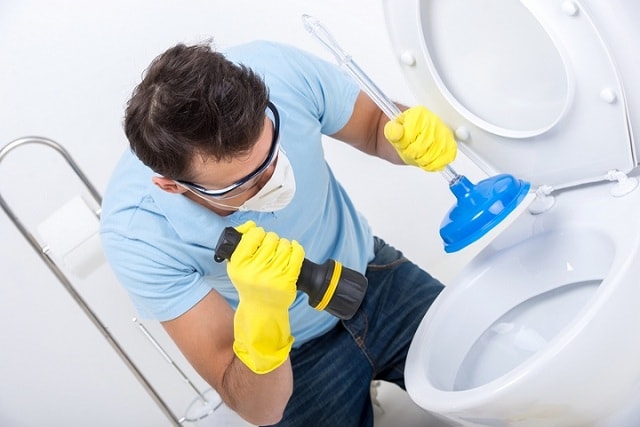
How to avoid toilet clogs?
Toilet clogs are a common household problem that can lead to messy, inconvenient, and often expensive issues if not properly addressed. Fortunately, there are several effective ways to prevent toilet clogs. Here are some practical explore methods to unclog a toilet easily to help keep your toilet functioning smoothly.
1. Mindful Flushing
The first and most crucial step how to unclog a toilet is to be careful about what you flush. Toilets are designed to handle human waste and toilet paper only. Items such as sanitary products, wipes, cotton balls, paper towels, and dental floss should never be flushed down the toilet. These items do not break down easily and can quickly cause blockages.
2. Use Toilet Paper Sparingly
Using excessive amounts of toilet paper in a single flush can overwhelm the plumbing system, leading to clogs. Try to use a reasonable amount of toilet paper and, if necessary, flush more than once during a single use to prevent buildup.
3. Regular Maintenance and Inspection
Regular maintenance of your toilet and plumbing system can help prevent clogs. This includes periodic inspections to check for potential issues like slow draining, which could indicate a developing clog. Using a plunger regularly to clear minor blockages before they become serious can also be beneficial.

4. Install a Toilet Guard
For households with young children, installing a toilet guard can prevent toys and other small objects from being accidentally flushed. Children are often curious and may flush items that can cause significant blockages.
5. Educate Household Members
Ensure that everyone in your household knows what can and cannot be flushed down the toilet. This is particularly important for young children and guests who may not be aware of the house rules. Clear communication can prevent accidental flushes of inappropriate items.
6. Consider the Toilet Type
If you are experiencing frequent clogs, it might be worth considering the type of toilet you have. Low-flow toilets, while environmentally friendly, can sometimes lack the power needed to flush large amounts of waste effectively. Upgrading to a more powerful model or a toilet with a larger flush valve can help prevent clogs.
7. Avoid Chemical Drain Cleaners
While it might be tempting to use chemical drain cleaners to clear a clog, these products can actually damage your pipes over time and are not always effective. Instead, opt for a plunger or a toilet auger (plumbing snake) for physical removal of clogs. If chemical cleaners are necessary, use them sparingly and as a last resort.
8. Regular Plumbing Checks
Engage a professional plumber for regular checks, especially if you live in an older home with aging plumbing. Plumbers can identify and address potential issues before they become major problems. They can also advise on whether your plumbing system might benefit from upgrades or replacements.


